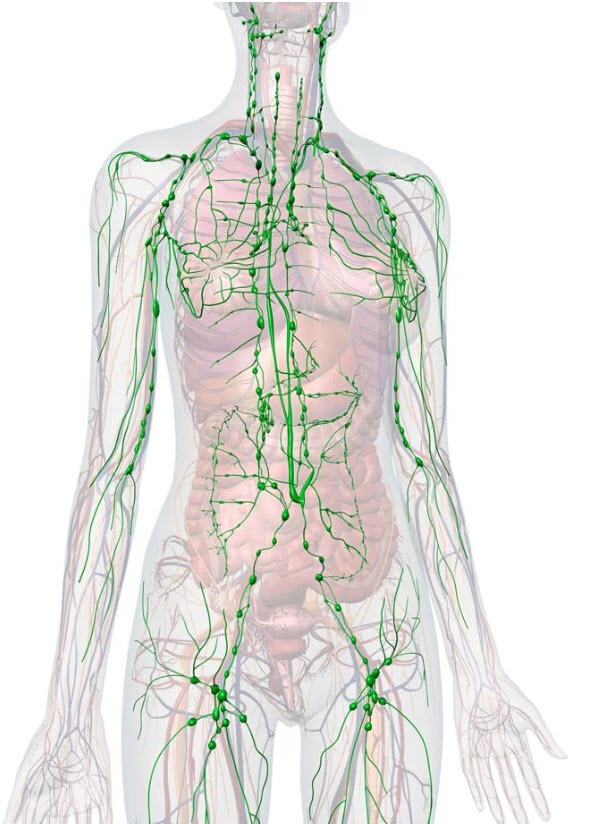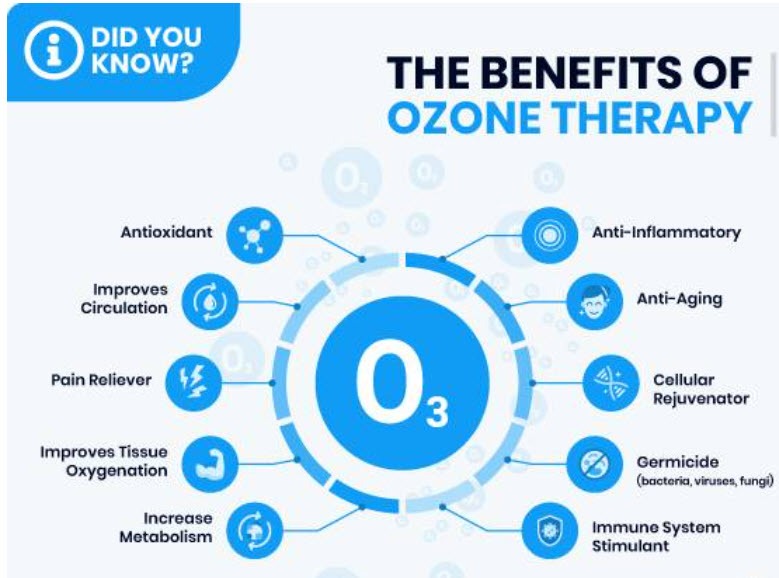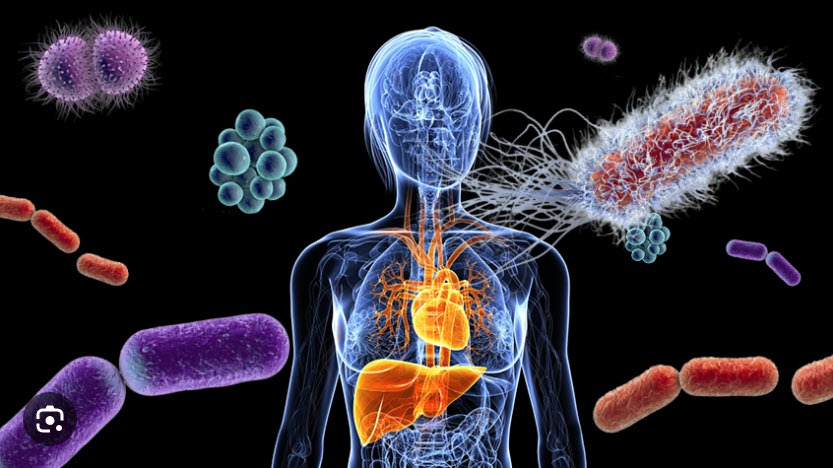Lymphatic drainage is often not well understood by most outside the medical field, but it is critical to the healthy function of your lymphatic system. The system consists of a network of vessels and organs that helps the body clear toxins, metabolic waste, and other unwanted materials..
There are 3 primary functions of the lymphatic system. First, it prevents swelling or edema by returning interstitial fluid to the bloodstream. Second, it scans for pathogens and initiates your body’s immune response. Third, it helps absorb fats from the intestines and delivers it to the bloodstream.

Key factors highlighting the importance of lymphatic drainage:
-
Immune System Support: The lymphatic system plays a vital role in the body's immune response. Lymph nodes, small bean-shaped structures, filter lymph fluid trapping pathogens, bacteria and viruses. Lymphatic drainage also helps facilitate movement of immune cells throughout the body, enhancing the immune system's ability to detect and fight infections.
-
Fluid Balance: Lymphatic drainage helps maintain fluid balance in the body by collecting excess fluid, proteins, and waste products from the tissues and returning them to the bloodstream. This helps prevent the buildup of fluid in tissues, reducing the risk of edema promoting proper circulation.
-
Detoxification: The lymphatic system plays a crucial role in detoxifying the body by removing toxins, metabolic waste, and cellular debris. Lymphatic drainage helps flush out these harmful substances, promoting overall health and well-being.
-
Nutrient Absorption: The lymphatic system is involved in the absorption of dietary fats and fat-soluble vitamins from the digestive tract. Lymphatic vessels called lacteals absorb these nutrients and transport them to the bloodstream. Proper lymphatic drainage ensures efficient nutrient absorption and distribution throughout the body.
-
Inflammation Regulation: Lymphatic drainage helps regulate inflammation by removing excess fluid and immune cells from inflamed tissues. This can help reduce swelling, pain, and discomfort associated with inflammatory conditions such as arthritis, tendonitis, and lymphedema.
-
Wound Healing: Lymphatic drainage plays a crucial role in the body's wound healing process. It helps remove dead cells, bacteria, and other debris from the site of injury, allowing for faster healing and reduced risk of infection.
-
Stress Reduction: Manual lymphatic drainage techniques, such as massage therapy, can promote relaxation and stress reduction. But by also stimulating the lymphatic system, these techniques help improve circulation, reduce muscle tension, and promote a sense of wellness

Unlike the circulatory system, which relies on the heart to pump blood, the lymphatic system lacks its own pump. It relies on physical activity, deep breathing, and manual stimulation—such as massage—to help move lymph through the vessels.
Overall, good lymphatic drainage is essential for maintaining optimal health and supporting the body's natural detoxification and immune functions.
Incorporating techniques to promote healthy lymphatic drainage, such as exercise, FlowPresso, massage, colonics and proper hydration can help support your bodies overall well-being and vitality.
 Add Row
Add Row  Add
Add 





Write A Comment